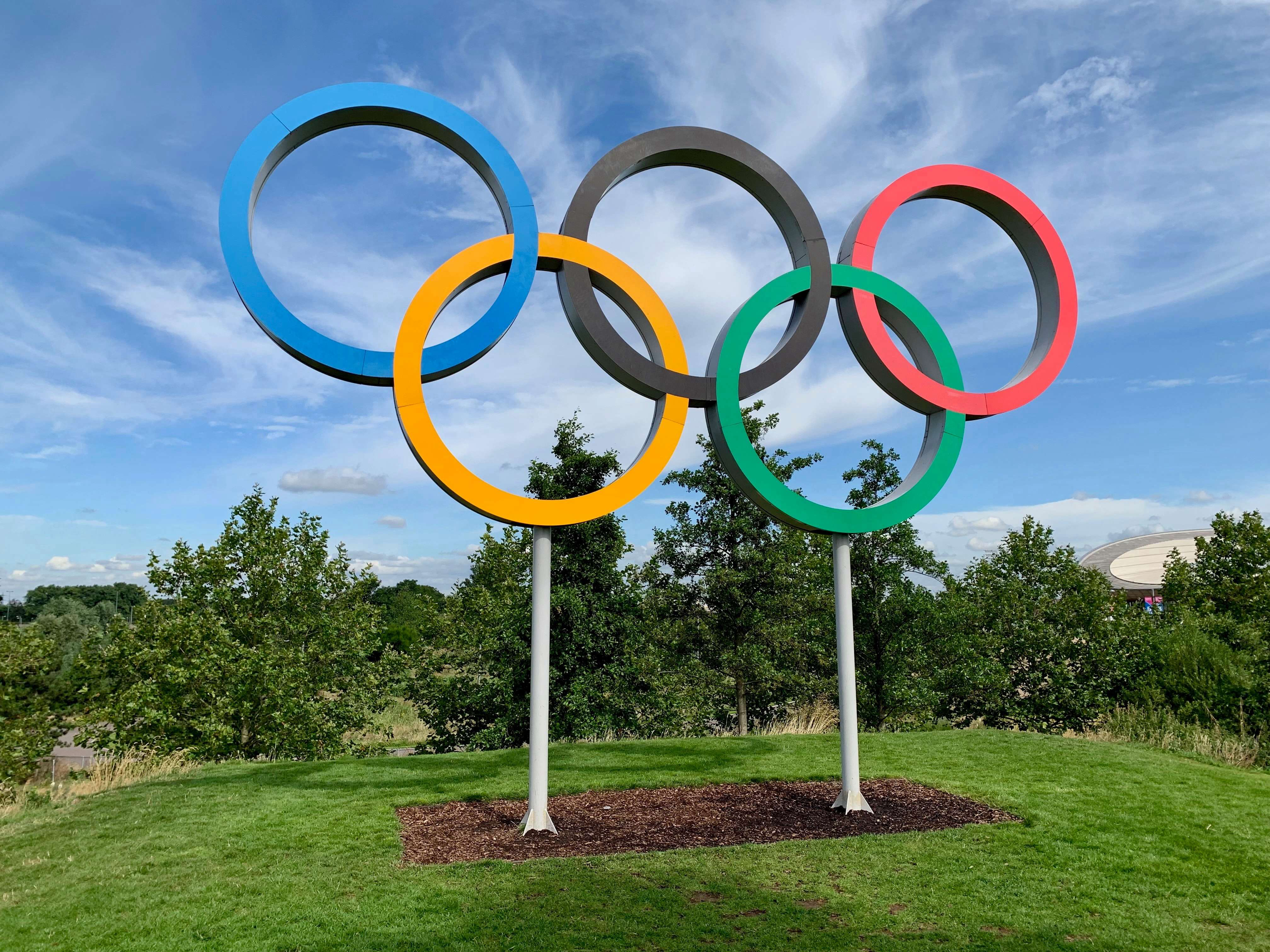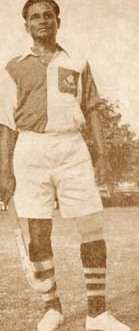
India is a nation which admires playing distinct sports. From small tournaments to huge international competitions, our country carries numerous victories all around the world. India is also applauded as a house of cricket talents over several decades. Still, beyond cricket, excluding a few people who have had some victories in an athletic sport, we have never actually been recognized as a nation creating great players or teams of global prestige. Recently, on 29th August we celebrated our National Sports Day, on the birth anniversary of the ‘God of hockey - Major Dhyan Chand’. It is that day of the year when the accomplishments of players at the greatest level like Asian Games and the Olympics Games, are thought back to and praised. But India is not that promising at gaining a victory in international competitions, particularly in the Olympics.
Before Independence, hockey stood as the much conquering sport for India. We earned six Olympic Gold medals between 1928 to 1956. And the most dramatic victory came to pass when India defeated Germany in 1936 in the presence of Adolf Hitler and 40,000 German fans. Hitler got fascinated by Major Dhyan chand's performance in that game, and he offered Dhyan chand a high post in the German army, but India's major Dhyan chand courageously refused the offer of the most ruthless dictator of all time. This was the first time, India was not just portrayed as a slave of the British empire, but a nation who dominated the field of hockey all over the world. But somehow, this glory and the athletic legacy didn't work with other sports and started up dropping. India was receiving medals often in the Olympics, but it was way shorter than the other nations in the world.


This decaying situation hasn't developed yet. From the pre and post-independence era, India has achieved a sum of just 28 medals in Olympics. Other countries in the world provide financial security, healthcare services and training programs to their players, and our country lacks at offering all these facilities to players. India, as a nation and even Individuals in India have other priorities in their life. Most Indian parents do not prioritise sports as their kid's career. In an interview with EuroNews.com, an Indian sports psychologist Madhuli Kulkarni said, “We have a saying in Hindi that, ‘Kheloge-kudoge tho honge kharab, padhoge-likhoge tho banoge nawab” She made an effort to explain that how in Indian society, it is a waste of time to play sports which can lead to degraded career and how adequate studies will give rise to a great king.
Since a huge part of the Indian population does not care about sports, the government doesn't worry either. The Indian government confronts drastic imbalance and contrast. Indian players do not receive a balanced opportunity to participate in sports. It restricts themselves to compete at a professional level and achieve a promising future as a sports player. Moreover, the country's sport governance is comprised of corruption, inadequate leadership, absence of clarity and nepotism as well. These drawbacks drive to massive strategies with less sufficient outcomes and disloyal priorities, affecting the monetary funding of various sports. And all of this impacts on the projects, strategies and players of the country.

The star goalkeeper, Shankar Laxman of the Indian hockey team, was part of three successive Olympics of 1956, 1960 and 1964, he suffered from gangrene and died with no money for sufficient medication.

Athens Special Olympics of 2011 witnessed Sita Sahu, a two-time bronze medal champion in Athletics. Later she sold gol gappas and papdi chaat due to poverty.

Not just Olympic medalists but other players similarly encounter distinct crises. Nisha Rani Dutt from Jharkhand won a silver medal at the 2008 South Asian Federation Championship. She had to quit Archery to help out her family, by selling her Korean bow and arrows worth Rs. 4 lakh for just Rs 50,000 for the expenditures of their house. A silver medalist, S. Santhi at the Doha Asian Games, laboured in brick-making business to finance her family of six. There are multiple instances of players who are jobless, sell vegetables, struggle in small industries and so on.
___________________________________________________________________
Reference:
(scroll.in /olympicchannel.com/ economictimes.com/ Indiatoday.in/ Wikipedia/ www.olympic.org)
